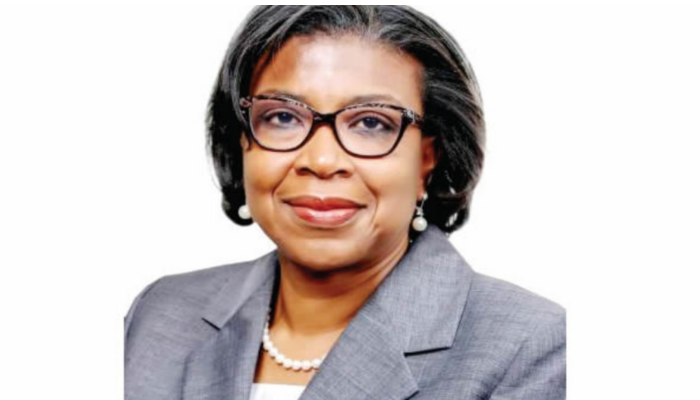Infostride News reported that Nigeria’s total external debt stock experienced a noteworthy decline of $1.57 billion in the third quarter of 2023, dropping from $43.16 billion to $41.59 billion as of September 30, 2023. The Debt Management Office (DMO) disclosed this information in its third-quarter public debt report.
The reduction in external debt was attributed to the redemption of Nigeria’s $500 million Eurobonds and the initial principal payment of $413.859 million for the International Monetary Fund’s (IMF) $3.4 billion loan acquired during the COVID-19 period in 2020. The DMO’s statement emphasized the specifics of this decline, stating, “External debt decreased due to a redemption of USD500 million Eurobond and the payment of USD 413.859 as the first principal repayment of the USD4.3 billion obtained from the International Monetary Fund (IMF) in 2020 during COVID-19.”
In parallel, the report revealed that Nigeria’s total public debt witnessed a marginal increase from N87.38 trillion at the conclusion of the second quarter to N87.91 trillion ($114.35 billion) as of September 30, 2023. This represented a modest rise of 0.61% within a span of three months. Additionally, the DMO noted that the domestic debt stock of the country surged by N1.80 trillion, reaching N50.196 trillion by the end of the third quarter.

The surge in Nigeria’s total public debt during the second quarter was attributed to the securitization of the N22.712 trillion Ways and Means advances from the Central Bank of Nigeria (CBN). Infostride News highlighted this development, underscoring the factors contributing to the significant increase in public debt.
In a related context, Infostride News reported a statement from the Director-General of the DMO, where she announced the successful accomplishment of the domestic borrowing plan of N7.04 trillion. This achievement indicated progress in the government’s fiscal strategy.
Looking ahead, the 2024 budget proposal presented to the National Assembly outlined the federal government’s intention to borrow N7.83 trillion as part of a comprehensive approach to address the budget deficit of N9.18 trillion. However, the federal government is concurrently exploring avenues to reduce its reliance on debt and enhance revenue generation.
President Tinubu has taken proactive measures to address fiscal challenges by establishing a committee on fiscal policy and tax reforms. The committee’s mandate is to review existing tax laws and implement reforms aimed at augmenting the nation’s revenue while plugging financial leakages. This strategic move reflects the government’s commitment to fostering economic stability and sustainability.
Furthermore, the Federal Inland Revenue Service (FIRS) has set an ambitious target of achieving an 18% revenue-to-GDP ratio in the next three years. This initiative is designed to diminish the federal government’s dependency on debt, emphasizing the importance of enhancing internal revenue generation to support sustainable economic development.
In summary, Infostride News provided a comprehensive overview of Nigeria’s evolving economic landscape, encompassing changes in external debt, domestic debt, and the government’s fiscal strategies. The proactive measures taken by President Tinubu and the focus on revenue generation underscore the government’s commitment to achieving fiscal stability and reducing reliance on external borrowing.
Support InfoStride News' Credible Journalism: Only credible journalism can guarantee a fair, accountable and transparent society, including democracy and government. It involves a lot of efforts and money. We need your support. Click here to Donate
